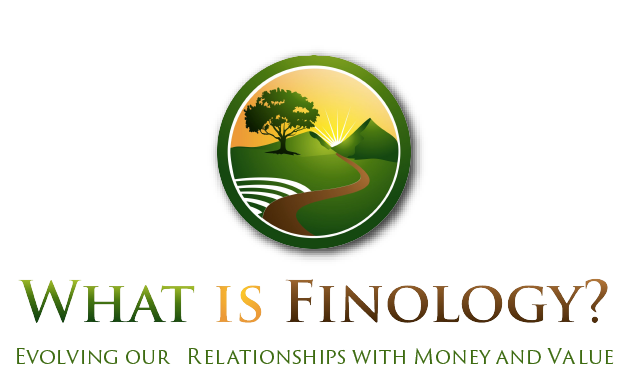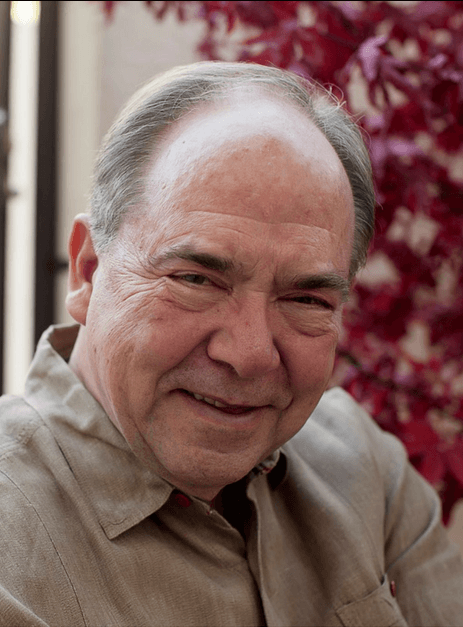Finology, founded by Richard (Dick) Wagner, JD, CFP®, is succinctly defined as:
The study of our personal relationships with money, reciprocity, and the money systems. Academically, we define Finology as “the umbrella term for the various aspects of our personal relationships with money” (R. Wagner, Financial Planning 3.0, p.15).
Finology is:
- The study of people exchanging value.
- The study of money and people exchanging value.
- The study of the relationships between people and money.
- The study of money and the forces it generates.
- The study of minds, brains, customs and behaviors with respect to money and money forces.
- The theories or systems of “Finology.”
Finology was created to address the profound and personal nature of money’s role our modern lives. Finology opens new frontier for exploring and understanding our relationships with money, bolstering our capacity to cultivate health in these relationships and to use money to help navigate life with grace.
In the words of Dick Wagner . . .
“Our nation’s social and physical infrastructure is framed by money. We learned that if the money does not work as hoped, we might experience dangerous social and physical fallout. Indeed, this has hit both the public and private sectors with a vengeance....
Some among us must forthrightly address issues of reciprocity and exchange while hosting conversations about possibilities and implications.
...Economies are not machines and our money contains the elements of our souls. We must learn to talk about money with new language...
The Philosophies of Finology
It’s important to point out that Finology is about more than understanding Financial Planning Clients (though that’s a great thing to do!). it’s about understanding human components of money on every level.
In an unnamed form, Finology has been around as long as people have been consciously engaging in experiences and making decisions about Value in our lives.
Money, I’m thinking, is a human construct within this. One that provides a place for our beautifully abstract minds to apply immaterial principles to our relationships with Value and our ongoing life needs of Giving and Receiving. It multiplies our functionality in ways that continue to challenge and mystify (hence the field of economics). It’s ingenious, really!
Still, why is it important to pair a payment, payer & payee, with a, “Thank you.”? This is simply an example, but the connections between money and humanity are endless.
On a deep level, our What is Finology? Project work in Finology is largely about Reciprocity and Posterity. This world needs us, and money touches everything. It may be cliché, but I am doing this largely for the kids.
Two sayings stand out to me, both R. Wagner.
“Money is the most powerful and pervasive secular force on the Planet.”
“Money can and should be used for great good.”
What this looks like is all about how we engage with money. How we engage with it is about our relationships with it.
This is our work.
What is Finology?
Explore | Educate | Evolve
Ultimately, the aim is to use money in “Powerful and Pervasive ways for Great Good!”
Realistically, we know it won’t be idyllic. But it’s a strategy.

